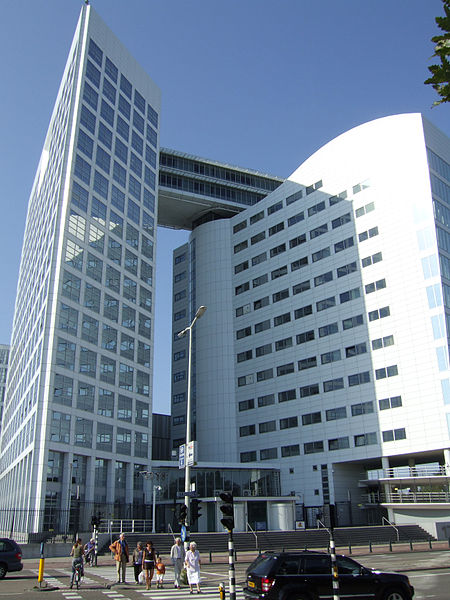Category: In the Media
-
PCHR launches campaign ‘Palestine to the ICC’
10 December 2012 | Palestinian Centre for Human Rights On 10 December 2012, on the occasion of Human Rights Day, PCHR is launching its ‘Palestine to the ICC‘ campaign. The campaign aims to encourage the relevant stakeholders, namely the State of Palestine, the Prosecutor of the International Criminal Court and the international community, to fulfil…
-
The Al Dalu family. Never forget.
by Rosa Schiano 4 December 2012 | il Blog di Olivia On 18 November 2012, on the fifth day of the Israeli military offensive “Pillar of Defence” against Gaza, a war bulletin reported 72 people killed, including 19 children, 670 wounded, most of them women and children. That day, the Israeli air force bombed a…
-
Gaza fishermen after the ceasefire [includes a video]
6 December 2012 | Johnny Barber On Wednesday 5th December, Gaza fishermen staged a peaceful protest in the port of Gaza City, in order to highlight the Israeli attacks on their livelihoods. They were supported by the local Fishing Union, the Union of Agricultural Work Committees and the Palestinian Centre for Human Rights. Gaza fishermen…


![Gaza fishermen after the ceasefire [includes a video]](https://palsolidarity.org/wp-content/uploads/2012/12/passing-a-beautiful-fishing-boat.jpg)